Looking back at the development of Indonesia's foreign policy history since its independence in 1945 until now, through each historical period and depending on the international, regional context and domestic conditions, Indonesia has had different priorities in foreign policy.
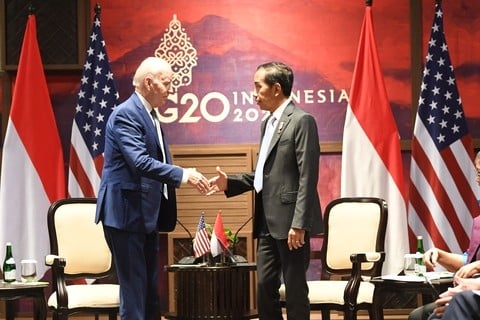 |
| US President Joe Biden (left) and Indonesian President Joko Widodo met in Bali, Indonesia, on November 14, 2022, ahead of the G20 Summit. (Photo: Jakarta Globe) |
Indonesia is a middle power located in an important geostrategic position on the international sea route connecting the Indian Ocean and the Pacific Ocean . As the largest archipelago country in the world (17,504 islands), the 4th most populous country in the world (over 275.4 million people) with over 300 ethnic groups, and the largest economy in Southeast Asia, Indonesia has the ability to lead the region but is also a place where major powers compete for influence.
To maintain its position and role in the region and its international influence, Indonesia has implemented a foreign policy that correctly positions the country and its role in the regional and international relations system, contributing to creating a vision and strategic goals that are appropriate and commensurate with the country's position and strength, especially maintaining balance and flexibility in relations with major countries on the basis of ensuring maximum national interests.
Looking back at the development of Indonesia's foreign policy history since its independence in 1945 until now, through each historical period and depending on the international, regional and domestic contexts, Indonesia has had different priorities in foreign policy, but always maintained the core principles of independence, autonomy, freedom and initiative in relations with other countries.
The content of the policy of independence, autonomy, freedom and initiative was introduced by the first Vice President of Indonesia, Mohammad Hatta, right after Indonesia gained independence in 1945. Accordingly, Indonesia advocated self-determination of views and policies on international issues without being bound by any major power. Indonesia has skillfully stayed out of the competition between major powers, not aligned and not been pressured to choose sides, while at the same time promoting its position to play a leading role in the region. The principles of political self-determination, equality, respect for sovereignty, and non-interference in internal affairs have always been promoted.
Pioneering foreign policy, demonstrating an important role in the international arena
Indonesia's first President Soekarno (1945-1967) pursued a pioneering foreign policy, actively participating from the beginning in shaping and establishing operating principles and proposing many initiatives in multilateral organizations such as the Non-Aligned Movement, the Association of Southeast Asian Nations (ASEAN) and later the Asia- Pacific Economic Cooperation (APEC), the G-20, and the Organization of Islamic Countries.
Concentric circle foreign policy defines relations with partners based on national interests and focuses on the Asia-Pacific region
During the Suharto era (1967-1998), Indonesia implemented a pragmatic foreign policy, prioritizing economic development and implementing a “concentric circle” foreign policy. With this foreign policy, Indonesia determined its relations with partners based on national interests and focused on the Pacific region. Accordingly, foreign priorities were arranged according to geographical distance with the center being Southeast Asia, followed by Northeast Asian countries, the US, the EU, the G20, etc. During this period, Indonesia built a relationship with the US, especially in terms of defense and security, but had an unfavorable relationship with China due to Indonesia’s anti-communist policy in 1965.
Dynamic Equilibrium Policy
During the 10 years of President Susilo Bambang Yudhoyono (SBY) in power (2004 - 2014), Indonesia aimed to develop the economy and restore its foreign influence, implementing the policy of "million friends, no enemies", multilateralizing and diversifying foreign relations on the principle of independence and positivity.
In 2011, Indonesia introduced the concept of “Dynamic Equilibrium” to express its strategic vision of a sustainable regional structure in the Asia-Pacific, in which relations between countries, especially major countries, will be ensured to be peaceful, stable and cooperative through a network of regional cooperation mechanisms with the central role of the ASEAN Community and ASEAN-led mechanisms.
On that basis, Indonesia advocates strengthening relations with the United States and supporting the role and military presence of the United States in the region, seeking economic cooperation with China, enhancing its role in multilateral forums; at the same time, focusing on being a bridge between developed and developing countries, between Islamic countries and the West. In addition to focusing on cooperation with major countries, Indonesia advocates establishing many strategic partnerships with countries. other countries such as South Korea (2010), the Netherlands (2010), Russia (2010), Brazil (2011), France (2011), Germany (2011), the UK (2012), South Africa (2012), Japan (2012) and Vietnam (2013), aiming to diversify relations. President Susilo Bambang's foreign policy has helped raise Indonesia's prestige in the international arena after more than 7 years of crisis.
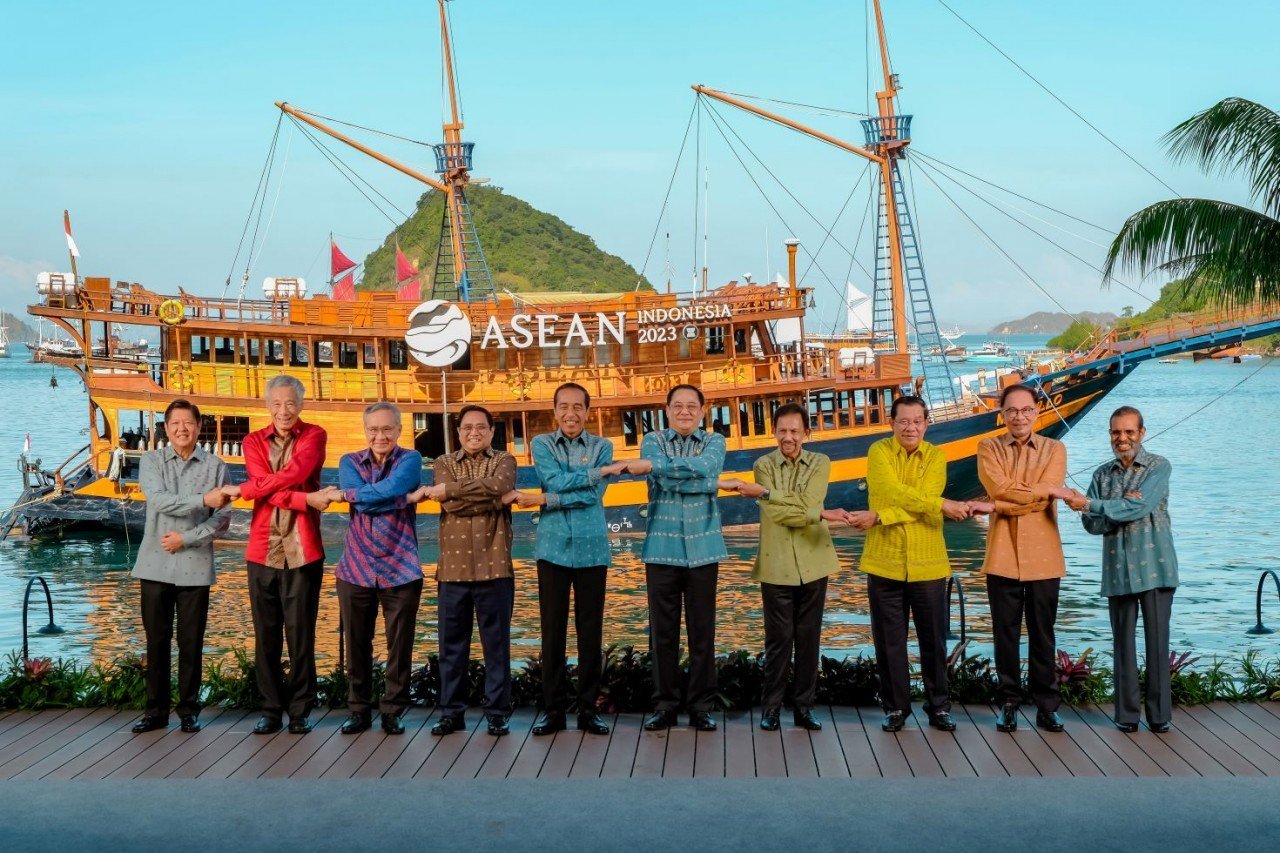 |
| Indonesia attaches importance to ASEAN and promotes its role in ASEAN. (Source: Office of the President of Indonesia) |
Shuttle Diplomacy
Indonesia's foreign policy during this period was strongly influenced by the vision and mission of the current Indonesian President Joko Widodo based on Nawa Cita - a traditional Indonesian language - meaning 9 agendas under the administration of President Jokowi to build Indonesia's current policy.
During President Jokowi's first term (2014 - 2019), Indonesia made strong changes towards pragmatism, inward-looking, nationalism, prioritizing economic interests; prioritizing the use of bilateral channels over multilateral channels in relations with important partners and in relations with major countries. Overall, Indonesia's foreign policy during this period was assessed as "skillful" in balancing relations with the US and China, promoting cooperation opportunities with these two powers.
First , to be a good friend to all major powers. Indonesia has always maintained the position of trying to maintain the best relationship with all countries, especially all major powers, declaring itself a good friend of both the US and China, able to play a supporting role in maintaining communication and relations to prevent tensions from escalating, and affirming that Indonesia does not have to deal with any pressure from Washington regarding its relationship with Beijing.
In his speech at the 40-41 ASEAN Summit held in Phnom Penh (Cambodia) from November 10-13, 2022, Indonesian President Jokowi emphasized the need for ASEAN to maintain neutrality and not get bogged down in tensions between major powers, stressing that “ASEAN must become a region of peace, an anchor for global stability, always uphold international law and not become a representative of any major power”.
Second , Indonesia is determined not to get bogged down in tensions between China and the United States. Indonesia is not allowing the Russia-Ukraine conflict to affect its relations with the West. Indonesia is pursuing major military modernization plans while maintaining a neutral stance on most issues.
During President Jokowi's second term (2019 - 2024), to maintain a balance with the US and China, Indonesia has prioritized promoting the economy with China and linking security interests with the US; enhancing Indonesia's position as a country representing the interests of small and medium-sized countries and developing countries in the context of increasing competition between major powers.
Faced with the complicated and unpredictable developments of the Covid-19 pandemic, the Russia-Ukraine conflict and the Myanmar issue, the Indonesian Ministry of Foreign Affairs (February 2022) announced three additional contents in the foreign policy until the end of President Jokowi's term (May 2024), including: (1) Strengthening the intertwining of interests with key partners, prioritizing development, maintaining a balance in relations with the US and China: Prioritizing economic promotion with China and linking security interests with the US; (2) Enhancing Indonesia's position as a country representing the interests of small and medium-sized countries/developing countries in the context of increasing competition from major powers. Indonesia's top foreign policy focus and priority in 2022 is to successfully organize the G20 summit; and (3) Continuing to promote economic diplomacy to enhance internal strength by promoting a self-reliant economy and maintaining citizen protection.
With China, Indonesia is taking advantage of the opportunity to promote extensive economic cooperation. China has been Indonesia's largest trading partner in the past 10 years with an annual turnover of more than 125 billion USD; it is the second largest investor in Indonesia (after Singapore) with many infrastructure development projects through the Belt and Road Initiative (BRI). During President Jokowi's visit to China (July 2022), the leaders of the two countries agreed to continue promoting the development of the Comprehensive Strategic Partnership on the four pillars of politics, economics, people-to-people exchange and maritime cooperation, identifying major directions for building the "Indonesia-China Community of Common Destiny". Indonesia's foreign policy towards China focuses only on politics and economics, while defense cooperation is almost non-existent.
With the US, Indonesia continues to give high priority to relations, taking advantage of economic cooperation, capital, investment and technology to achieve the goal of becoming a developed country by 2045. The US is one of Indonesia's major trade and investment partners. At the same time, Indonesia also focuses on strengthening security and defense cooperation with the US. The US is committed to supporting the Indonesian military in the process of military modernization, and together with Indonesia, maintains a large-scale annual joint exercise called "Garunda Shield" in Indonesia, which has now become one of the largest joint exercises in the region with the participation of 11 other countries such as Australia, Singapore, Japan, etc. The purpose is to improve the ability to cope with security challenges, natural disasters and carry out humanitarian assistance activities.
In the context of major countries both cooperating and fighting, Indonesia encourages cooperation between countries, is ready to contribute to easing and reducing US-China tensions, to avoid being stuck in a deadlock under pressure to choose sides. Indonesia always considers ASEAN as a fulcrum for its ambition to expand its influence, promote its role, strengthen its voice at other multilateral, regional and global forums (EAS, APEC, G20, UN, etc.), promote cooperation to maintain peace and stability, proactively take the lead in putting forward initiatives in handling important international issues, use shuttle diplomacy, contribute to mediation and resolution of international and regional issues such as Myanmar, Russia-Ukraine.
It is forecasted that in the coming time, the US-China relationship will develop complicatedly with the nature of the relationship between a reigning power and a rising power. The US-China strategic competition will take place with diverse methods and fierce levels in all areas, from politics - diplomacy, economics - trade, investment, science and technology, security - defense, to values, ideology... although it is not likely to lead to a Cold War state like the previous US-Soviet period. The relationship between Indonesia and major countries will be an important topic in the Indonesian presidential election in 2024.
Indonesia is a country with a completely different political system compared to Vietnam, but the two countries share many similarities in the history of struggle, liberation and national development. In addition, the foreign policy foundations of the two countries have in common the importance of being proactive, positive, flexible and responsible, ready to be friends and reliable partners of all countries. The above lessons learned from Indonesia's foreign policy planning will be an important research basis in the process of planning Vietnam's foreign policy in the coming time.Source


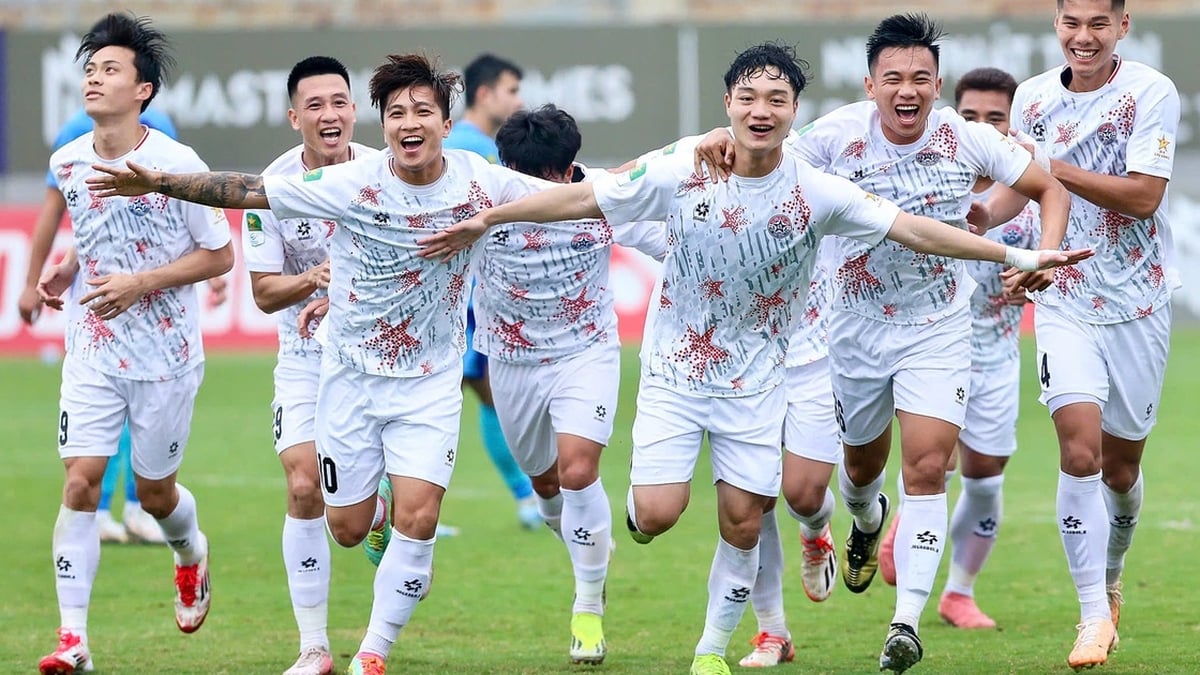

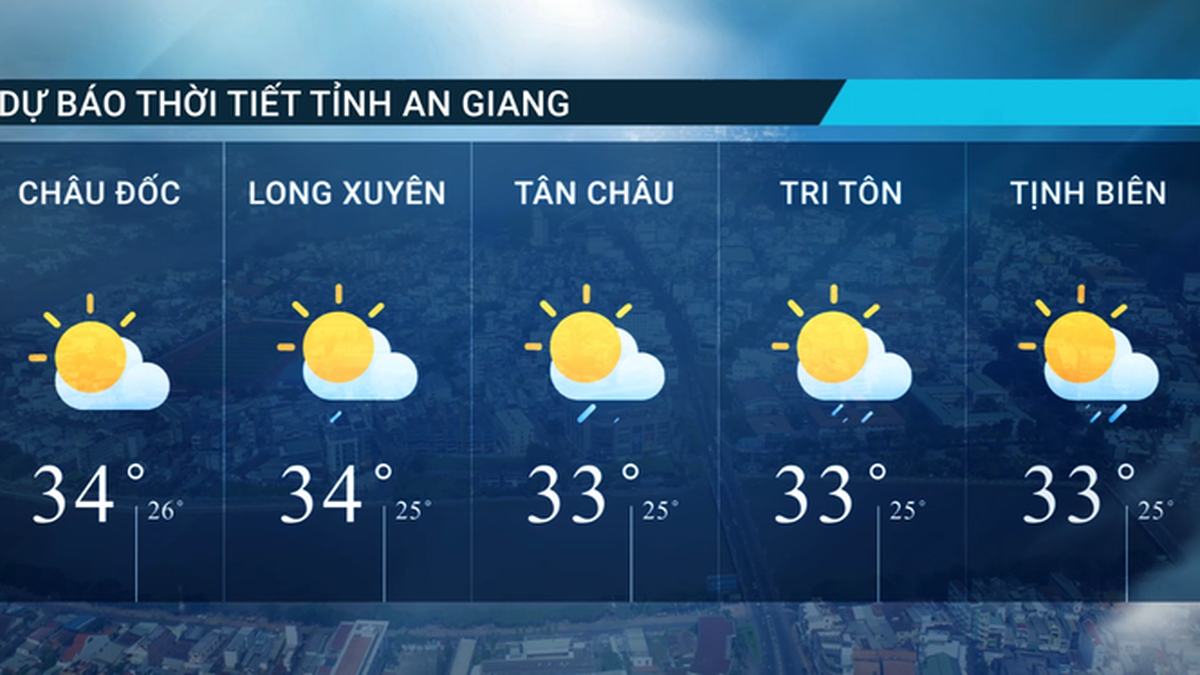
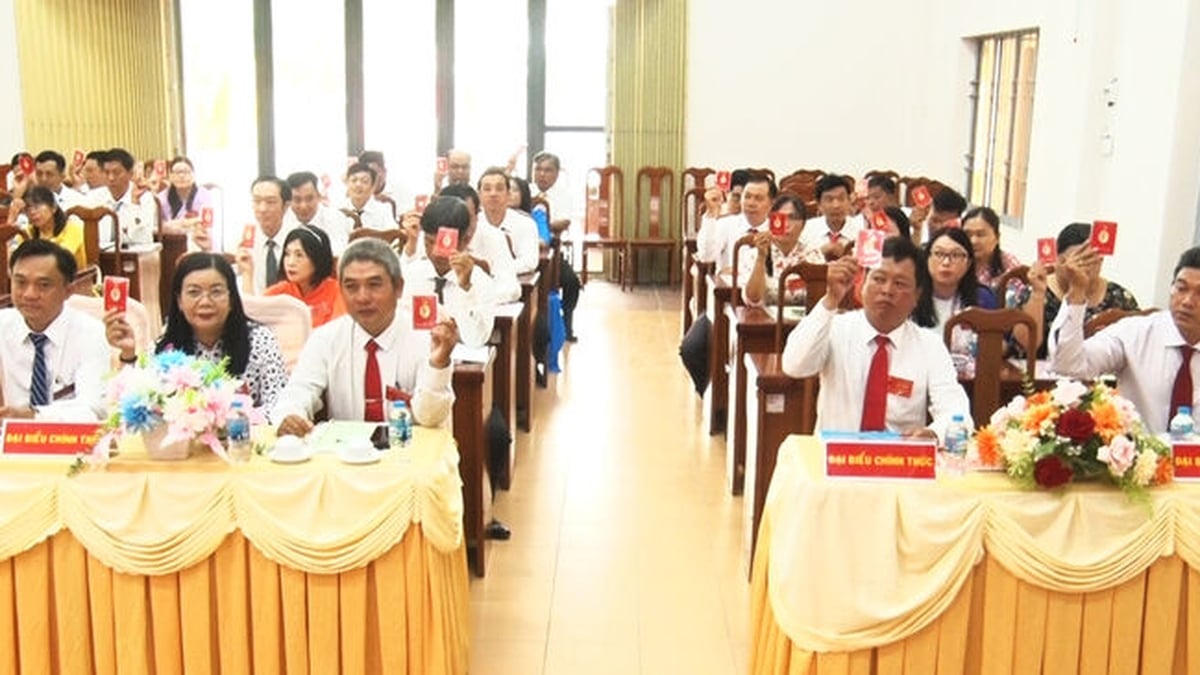


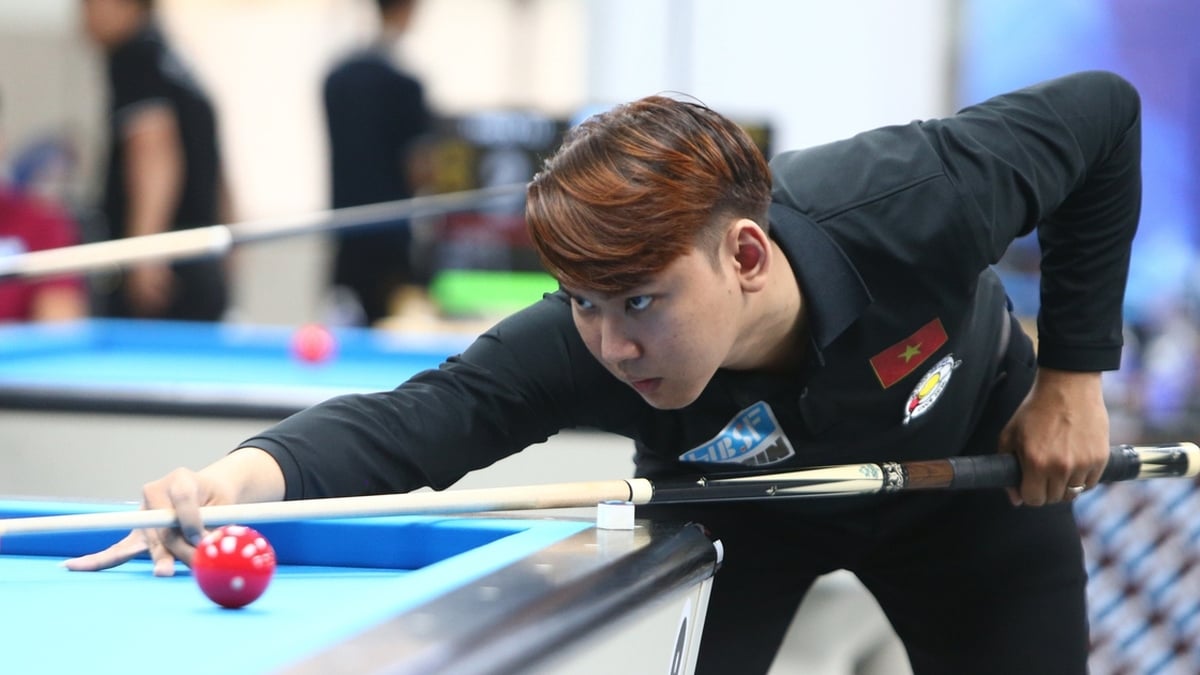
























































































Comment (0)